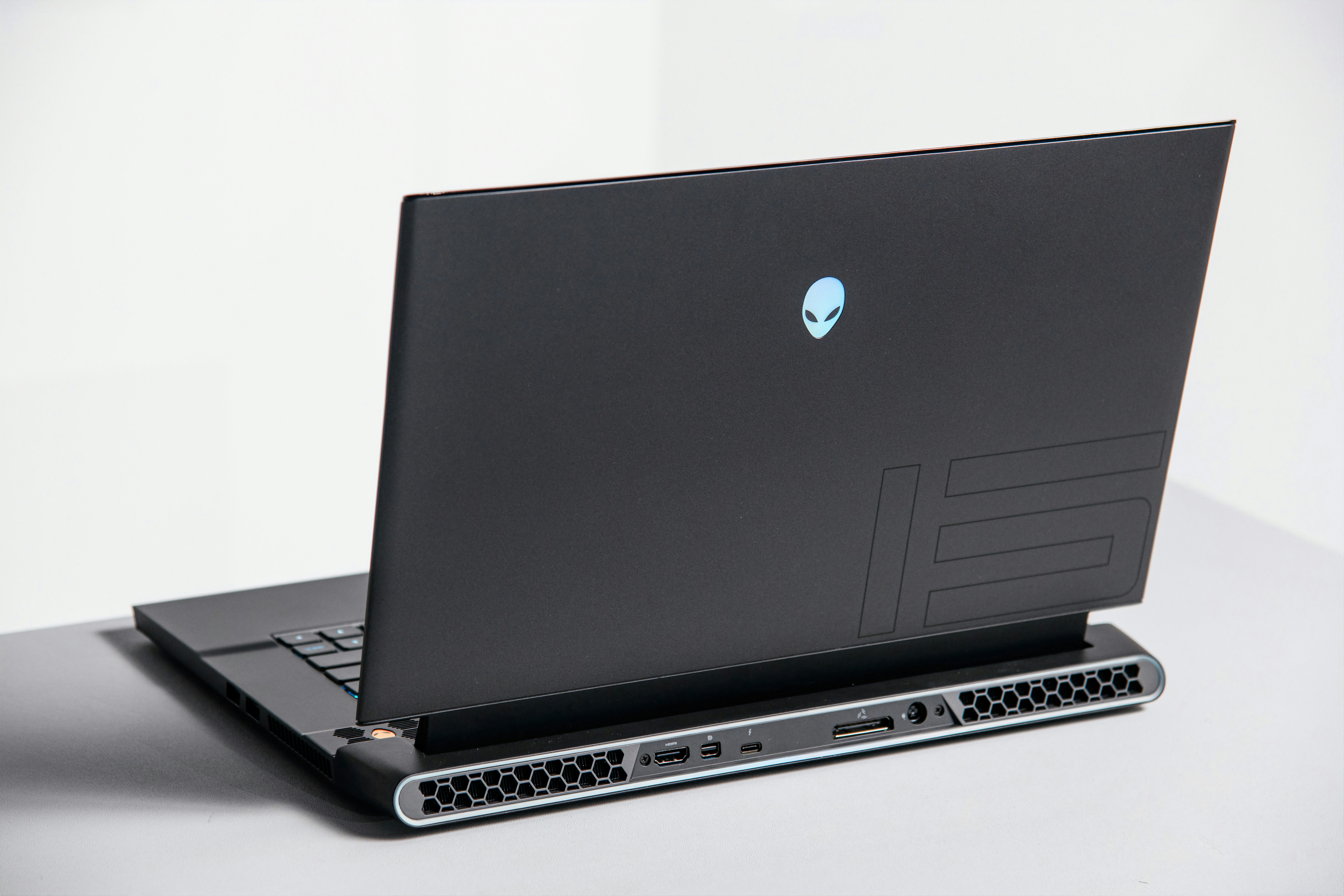The rapid development of artificial intelligence (AI) not only changes the way people seek information, process data but also regenerate familiar hardware devices such as laptops. In less than a year, the concept of “AI PC” has become a popular keyword in global technology conferences, with the participation of names such as Microsoft, Qualcomm, Intel and AMD.
According to Gartner’s forecast, by 2025, about 43% of the total factory PCs worldwide will be integrated with AI hardware, in which AI laptops are expected to account for more than 51% of the total number of laptop devices sold. This rapid growth shows that AI is no longer an additional feature, but is becoming a new configuration standard in the personal computer industry. In this context, the Vietnamese market – where users still tend to choose equipment based on the price as the main – are witnessing the first changes to catch up with the global trend.
What is laptop and why is it a new standard?
The term “Laptop AI” is used to refer to laptops equipped with a specialized hardware for artificial intelligence tasks, including AI processing (NPU – Neural Processing Unit), integrated software and the ability to handle content directly on the device.
In Vietnam, Copilot+ PC standard laptop is a clear representative of the new generation of AI laptops, with the requirements of AI processing performance from 40 Tops (chip processing speed measurement index) or more, the ability to optimize multitasking experience and integrate deeply with AI features of Windows operating system.
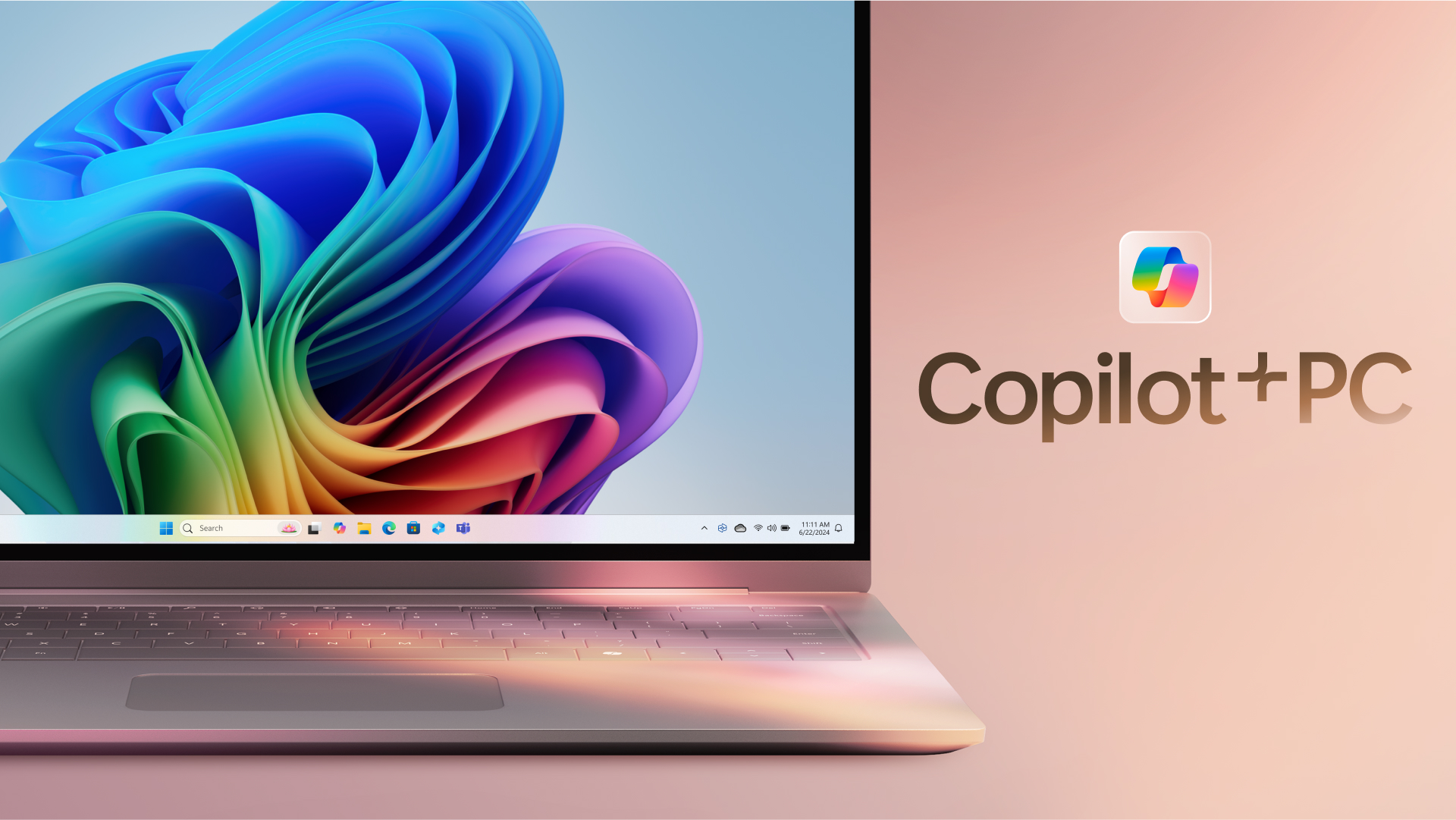
Copilot+PC is Microsoft standard with new generation AI PCs
The AI laptops today not only bring high performance but also save energy, optimize resource management and increase data security thanks to the ability to handle local. This is a big difference than before when most of the tasks need to connect to the cloud. The integration of AI into the operating system and hardware also opens the ability to improve the user experience in many ways – from launching applications faster to automation of commonly used operations.

A practical application of AI laptop: Create images based on words description, completely processed on the device
Laptops who gradually popularize in Vietnam despite difficulties
Although AI laptops have begun to be introduced in Vietnam since 2024, the level of universalization of this technology is still very limited. According to Mr. Eric Lee – Director of Asus’s Southeast Asia – there are still 30–40% of the laptop sold in Vietnam using the old generation CPU, while the percentage of the device equipped with a new life chip is only 2–5%. This figure reflects the fact that most users are not ready to pay for new technologies, mainly for the price factor.
“Choosing an older old CPU only helps to reduce about 10% of the price of laptop, but can reduce performance, long -term use and compatible with new AI technologies”, “, Mr. Eric Lee said.

ZenBook A14 – A latest AIUS Laptop model with Snapdragon X chip, weighing only 980g and battery life up to 32 hours
In the context of many modern applications such as offices, communications or content creation, they have started to integrate AI to increase processing efficiency, continuing to use laptops using older CPUs is creating a significant delay in experience. Mr. Eric Lee also noted that, although the CPU only accounts for about 20–30% of the laptop cost, it is a component that has a great influence on the overall performance and compatibility with future software.
Facing the global trend of AI integrated device, some big brands have begun to deploy products suitable to the needs of users in Vietnam. In particular, ASUS is one of the first brands to introduce Copilot+ PC standard laptop in the domestic market, start with the VivoBook S15 model and expand to more than six other product lines as of the beginning of 2025. These models include the device using Snapdragon X chip based on ARM platform, as well as the line using AMD or Intel chip based on familiar X86 platform.
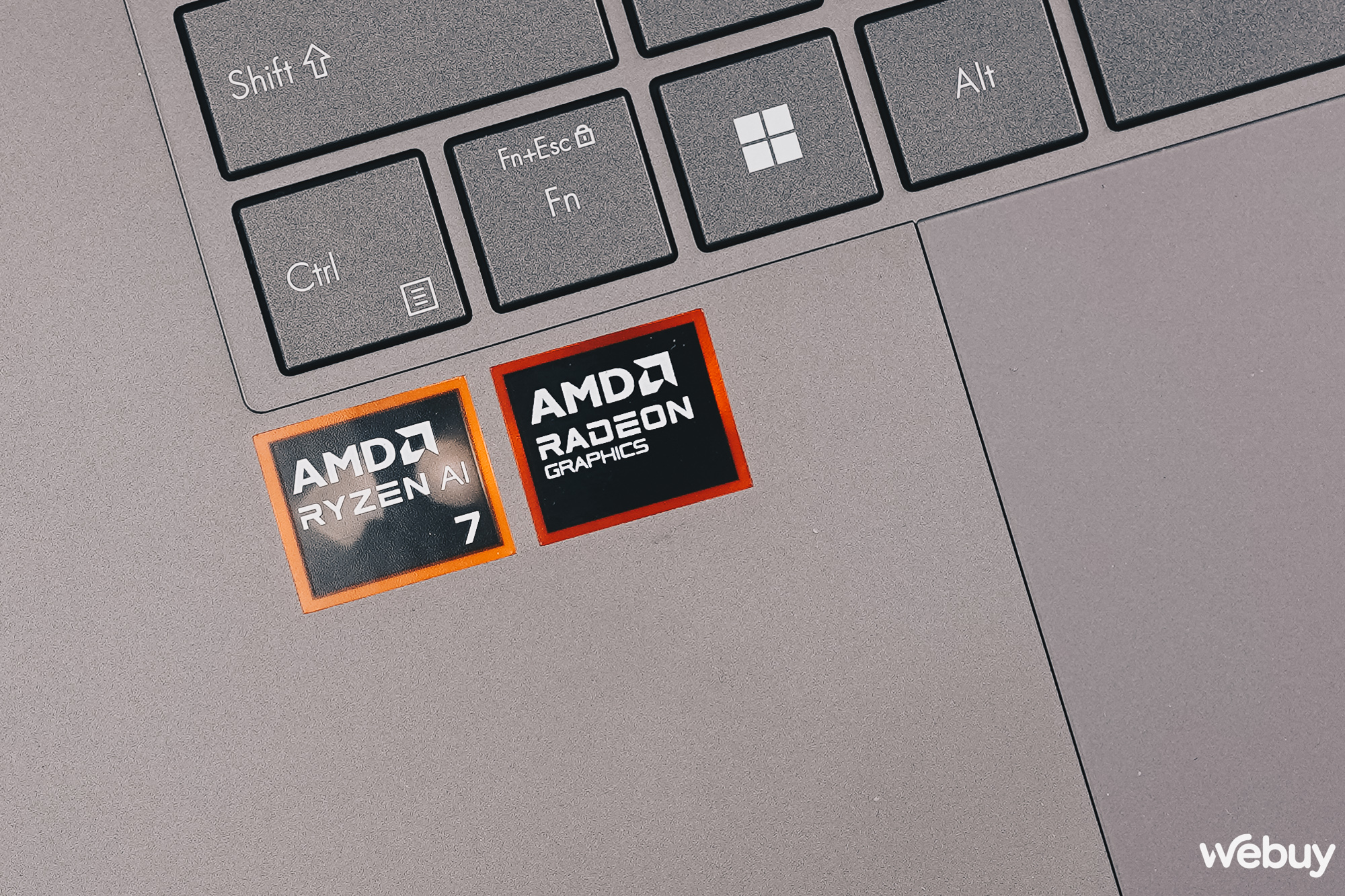
On the market today, large chip manufacturers like Intel, AMD or Qualcomm have integrated AI processors on their products.
According to data from Microsoft provided by ASUS, by 2024, the company is holding 27% of the market share of consumer laptops, 25% in the gaming segment, and especially 76% of the market share of high -end laptops in Vietnam, the product group using the latest AI CPUs. With the original platform as the motherboard manufacturer, ASUS said it has the advantage of research and development (R&D), from which it is possible to offer technical innovations suitable for each user segment.
In addition to commercial distribution activities, Asus also deployed AI Innovation Hub and Asus Experience Store systems in big cities. This is where users can directly experience the latest AI laptops, contributing to the technology closer to the majority of users in Vietnam.
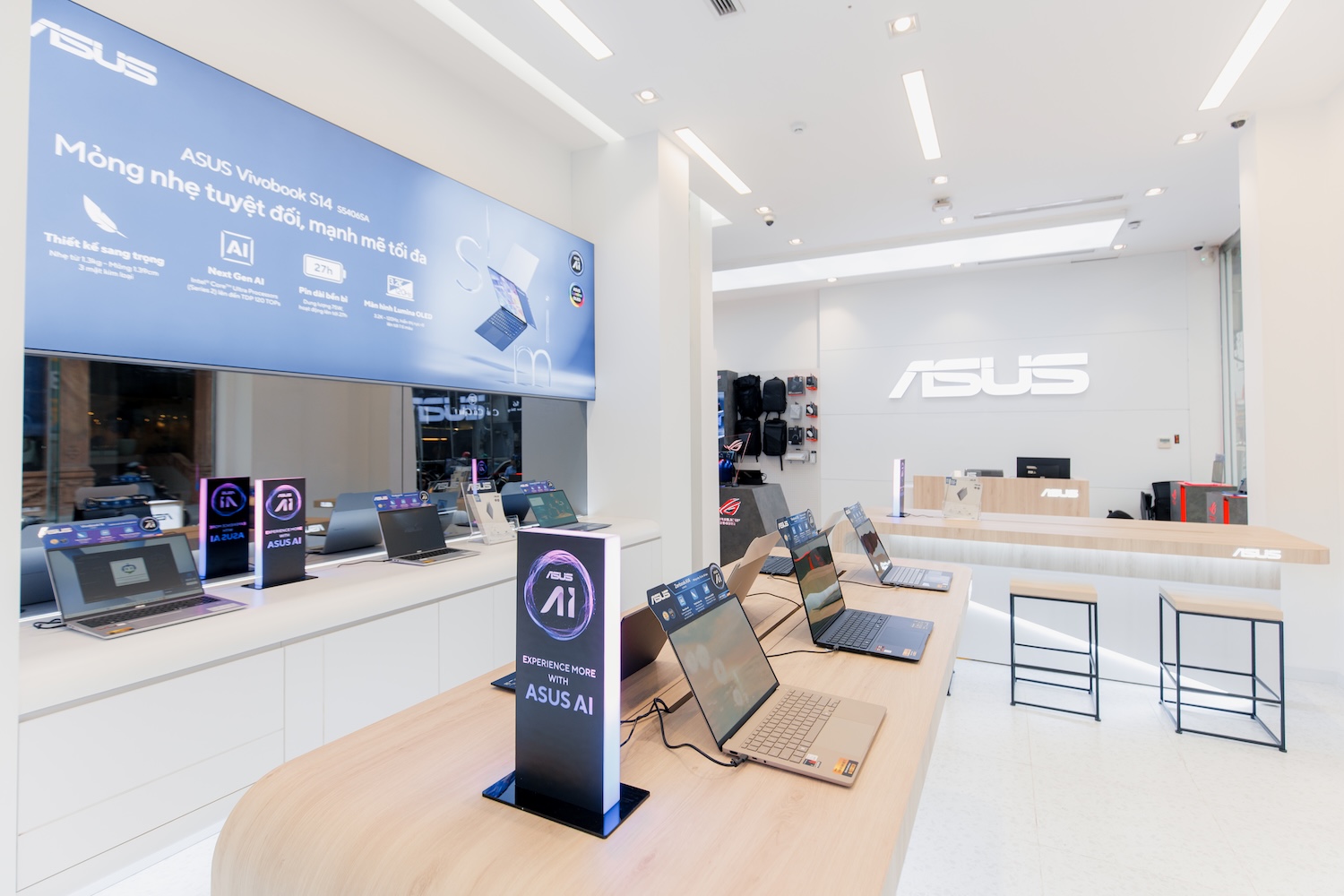
A Asus’s AI Laptop Experience Shop
The big transformation of the laptop market in Vietnam
The appearance of AI laptop models in Vietnam shows that the market has begun to move from traditional criteria such as price and design to more sustainable values such as long -term performance, software compatibility and artificial intelligence support.
Although the percentage of users access to the new CPU platform is still low, the data provided by the business and the reality of the product shows the first changes that have appeared. The fact that a Laptop like ZenBook A14, weighs only 980g but can operate up to 32 hours with a stable performance, or ZenBook 14 has the ability to run some AAA games well, though still belonging to the Ultrabook series, once considered unbelievable a few years ago.
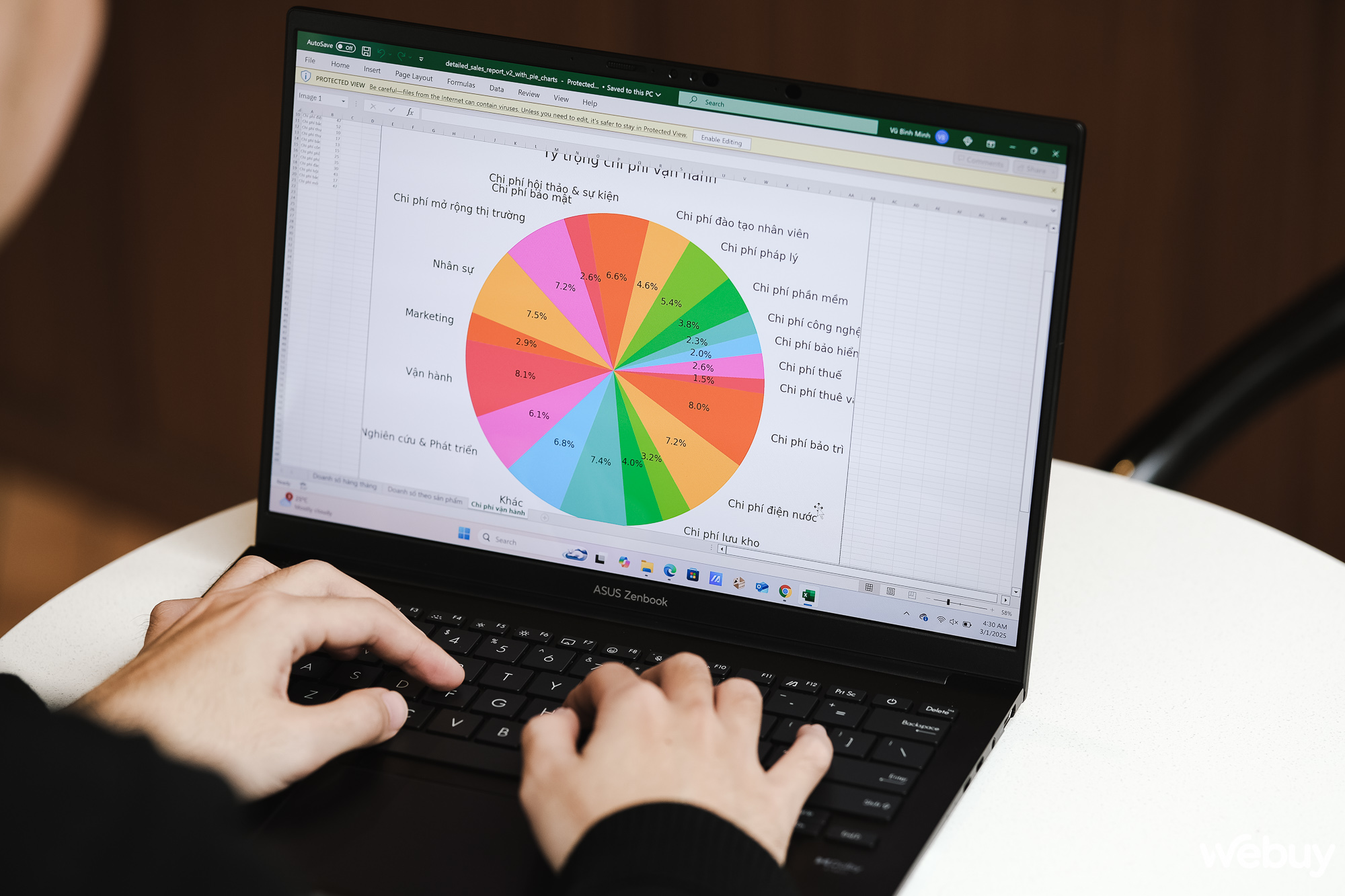
Laptop AI marks a large transformation for the laptop market
According to Mr. Eric Lee, “CPUs support who is a solution to ensure the future” – A statement clearly reflects the development orientation of the laptop industry in the next period. With the involvement of many large manufacturers and the speed update speed faster, AI laptops are expected to be not only a temporary trend, but to become the default platform in most personal computer products from this time.





